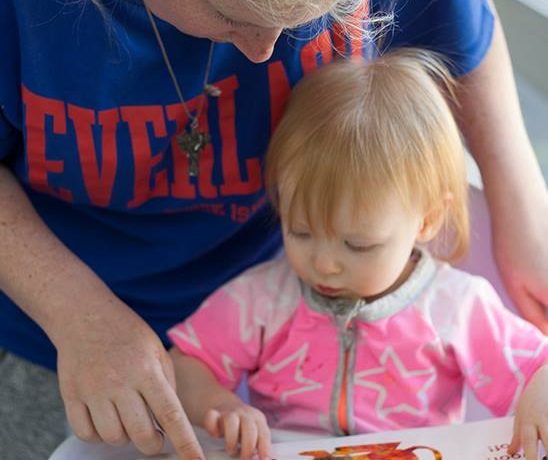What children learn from an early age can help set them up for life.

Language develops most quickly from birth to age five.
Did you know…?
- Children with oral language and reading difficulties are more likely to act up at school
- Children who read well usually do better at school, enjoy it more and stay at school longer. They are less likely to take drugs, be violent, have a teen pregnancy and more.
- People who find it hard to read are more likely to have lower paid jobs, be unemployed or be on a pension. Low income almost always means poor health.
- Many young offenders struggle to read and have oral language troubles. They are at high risk of long-term disadvantage.
- Difficulty reading makes it harder to understand the health system and health information, and harder to look after yourself.
We Love Stories is based on our health literacy and lifecycle model – the science behind why reading is so important.
